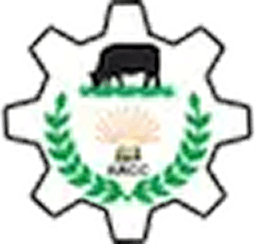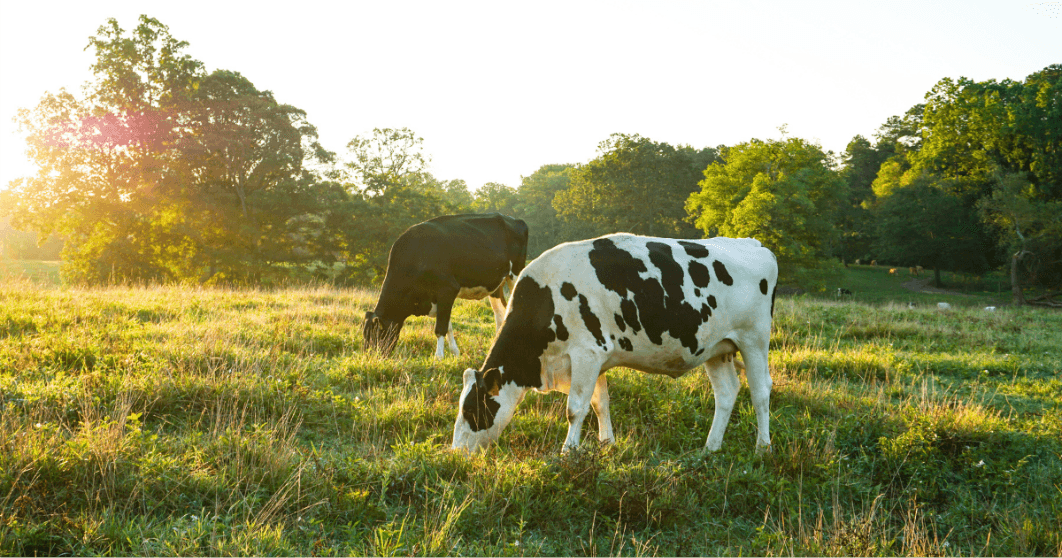
GLOBAL AGROVET
RESEARCH CONFERENCE - 2K26

POWERED BY
ARCC JOURNALS

POWERED BY
ARCC JOURNALS


29 September 2025
The Importance of Rotational Grazing in Cattle Management

29 September 2025
In modern livestock farming, rotational grazing is proving to be a game-changer—both for the health of the land and the productivity of cattle.
Instead of allowing animals to graze freely in one area all season, rotational grazing involves moving cattle between pastures on a planned schedule. The results? Healthier animals, better pasture, and more sustainable farming.
🌾 Why Rotational Grazing Matters:
- Pasture Recovery: By rotating herds, grasses have time to regrow—leading to denser, more nutritious forage.
- Natural Fertilization: Cattle evenly spread manure, boosting soil fertility without synthetic inputs.
- Improved Soil & Water Retention: Healthy pastures reduce erosion and help soils retain moisture—critical during dry seasons.
- Healthier Herds: Less exposure to parasites and diseases due to reduced grazing pressure in one spot.
- Cost-Effective: Better pasture means less need for supplemental feed and lower vet bills.
✅ Rotational grazing isn’t just good for cattle—it’s a win for farmers, soil, and long-term sustainability.

Become a Delegate
Attend GARCX 2026 as a delegate to gain expert insights, connect with global professionals, and explore cutting-edge solutions in agriculture and animal health.

Become a Speaker
Join global thought leaders at GARCX 2026 to share your research and insights. Present your work on integrated agriculture and animal health before an international audience.

Become a Sponsor
Showcase your brand as a pioneer in One Health innovation. Sponsoring GARCX offers high-visibility branding and strategic exposure to industry leaders and researchers.

Publish with Us
Submit your scientific work to be featured in esteemed ARCC Journals. Gain credibility and reach in the global agricultural and veterinary research community.

Become an Exhibitor
Display your solutions, products, or innovations in agriculture and animal health at the GARCX Expo. Network with stakeholders and boost your industry presence.

